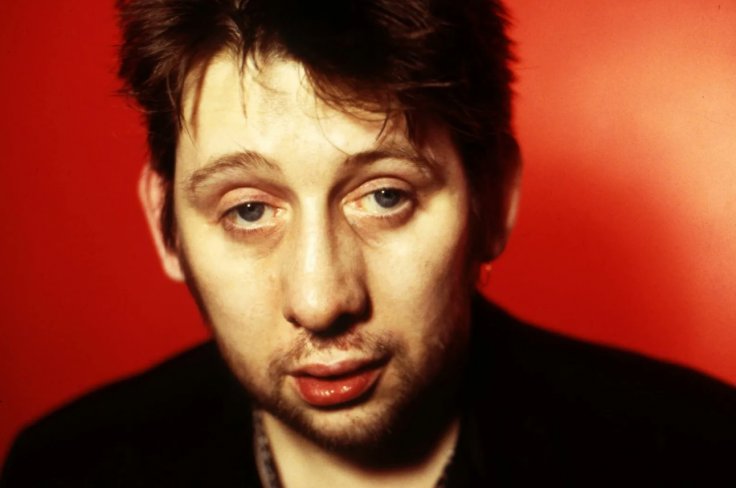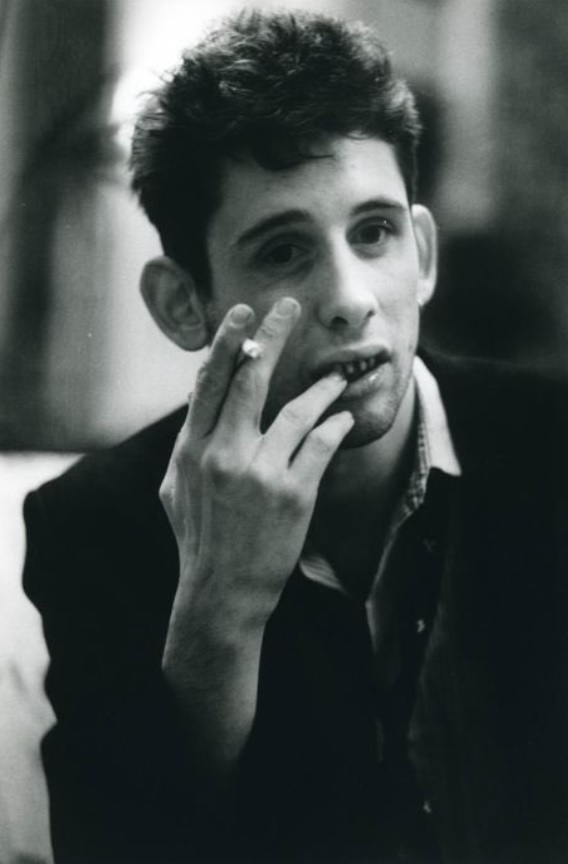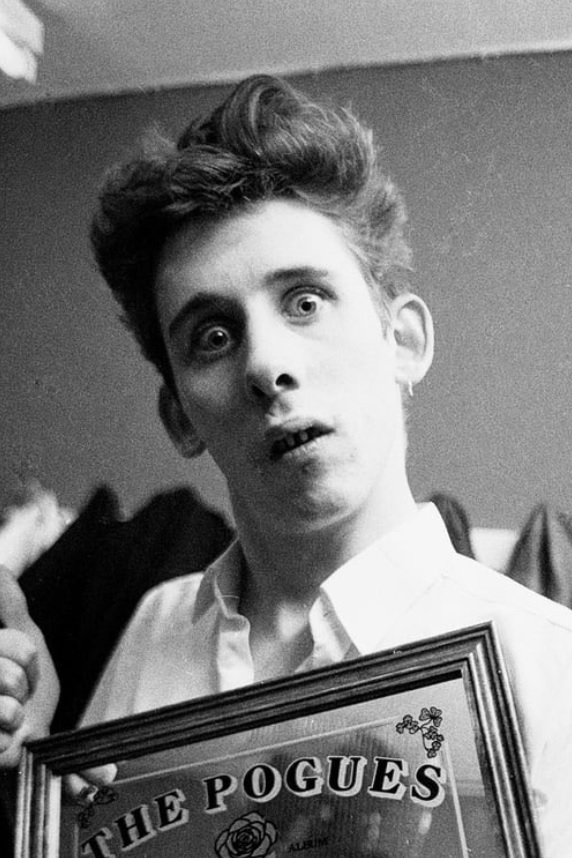Shane MacGowan, the iconic hard-drinking lead vocalist of the Irish punk-folk band the Pogues, died early Thursday, his family announced online. He was 65. The songwriter behind “Fairytale of New York,” passed away at 3 a.m., with his wife and family at his side, as confirmed by his band in an online announcement.
The musician had been undergoing treatment in a Dublin hospital for several months following a diagnosis of viral encephalitis in late 2022. He was discharged last week, just before his upcoming birthday on Christmas Day. MacGowan also had well-documented problems with drugs and alcohol. Tributes have been pouring in from the moment news of his death broke.
Died Peacefully
X
“I don’t know how to say this so I am just going to say it,” his wife, Victoria Mary Clarke, also wrote on Instagram.
“‘There’s no way to describe the loss that I am feeling and the longing for just one more of his smiles that lit up my world,” she said of the “love of my life and the most beautiful soul and beautiful angel.”

X
The cause of death was not immediately clear on Thursday.
However, Shane MacGowan, known for his heavy drinking and drug use, as well as his distinctive appearance with a mouth full of rotten teeth, faced several health issues in recent times.
MacGowan sought treatment in December 2022 for viral encephalitis, a condition involving the enlargement of the brain, and had additional stays in the Intensive Care Unit during the summer.
MacGowan, who had been using a wheelchair since 2015, returned to the hospital earlier this month for an undisclosed condition and was discharged just last week.

X
Shane MacGowan was born in Kent, England, on Christmas Day in 1957. From a young age, he exhibited his storytelling prowess. He achieved early literary recognition by winning a Daily Mirror literary prize at the age of 13.
MacGowan’s talent earned him a scholarship to Westminster School in London, primarily for his exceptional essays.
“I didn’t last there very long,” MacGowan told the Guardian in 2013. “I got nicked for smoking a joint and was kicked out.”
End of an Illustrious Career
Through his music, MacGowan aimed to infuse the potency of Irish folk music into the rock scene. Drawing inspiration from literature, mythology, and the Bible, he crafted a distinctive musical style.

X
“We just wanted to shove music that had roots and is just generally stronger and has more real anger and emotion, down the throats of a completely pap-oriented pop audience,” he told NME in 1983 as the band was getting off the ground.
MacGowan often delved into themes of Irish culture and nationalism in his songwriting. His work also touched on the experiences of the Irish diaspora, and he openly expressed support for the Irish Republican Army (IRA).
“I was ashamed I didn’t have the guts to join the IRA — and the Pogues was my way of overcoming that,” MacGowan admitted in Julien Temple’s 2020 documentary “Crock of Gold: A Few Rounds with Shane MacGowan.”
MacGowan was widely acclaimed by his peers as one of the greatest songwriters of his generation.
However, his heavy drinking, often resulting in stumbling and slurred speech during performances, became a notable aspect of his public persona.
In 1991, he was fired from the band he co-founded after repeatedly failing to appear for live shows during a tour of Japan.
“By the end of it, I hated every second of it,” he told The Telegraph in 1997
“They’d moved so far away from what we were doing in the first place. I didn’t like what we were playing anymore.
“I refused to knuckle under and become professional.”

X
In 2000, Sinead O’Connor reported MacGowan to the police for heroin possession in an effort to dissuade him from using the drug.
Despite MacGowan’s initial anger, he later expressed gratitude to O’Connor for helping him in overcoming his addiction.
He rejoined The Pogues for a reunion in 2001, and this collaboration lasted until 2014.







